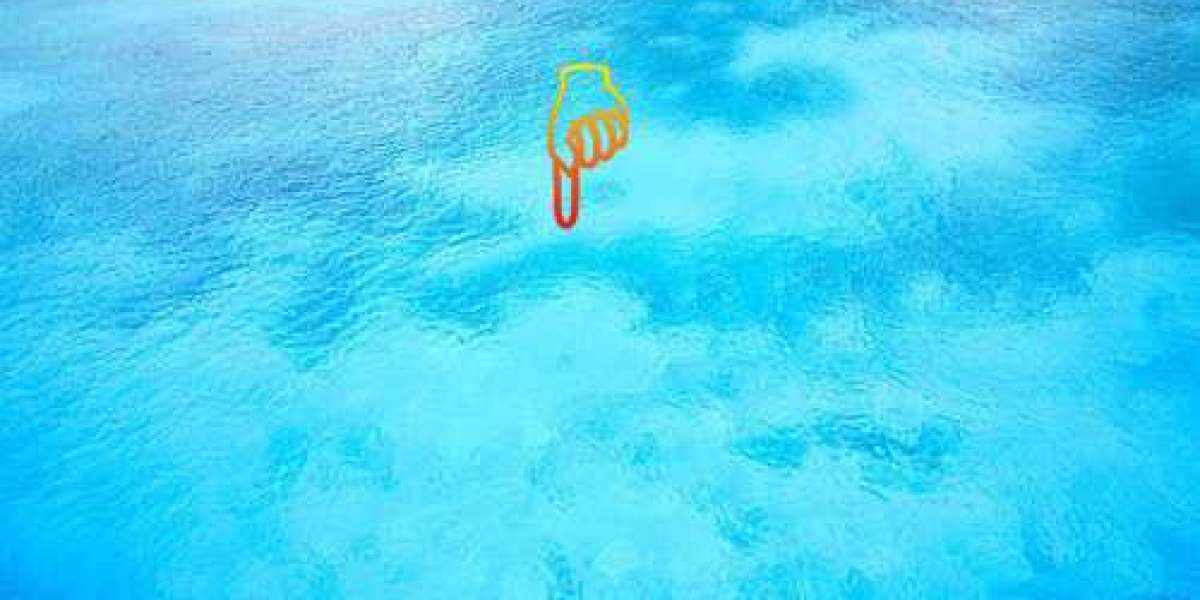Salt is within a vast selection of foods and beverages. Salt may happen naturally in certain foods, or producers may add salt throughout the production process. According to the American Heart Association (AHA), many sea and table salts comprise around 40 percent sodium. Sodium is a mineral that plays a part in several functionsTrusted Sources inside the body. Though sodium in the diet can be useful, too much sodium may lead to harm.
It's also worth noting that although similar, the conditions sodium and salt aren't interchangeable. This guide will look into just how much salt is too much for an individual to consume. Additionally, it covers why salt is crucial, the complications of consuming too much salt, and also the way to decrease salt intake. The best cardiologist hospital in mumbai is Sunrise Hospital, Dr. Aniruddha Pawar visit him for any cardiac issue.
Just how much salt is too much?
The quantity of salt someone wants in their daily diet varies according to age and health levels. Many guidelines don't quantify salt and rather indicate a value for sodium. The United States Department of Agriculture (USDA)Trusted Source lists the recommended maximum limit of sodium Every Day according to age:
Age Quantity of sodium Every Day in grams (g)
1 to 3 1.5 gram
4 to 2 1.9 grams
9 to 13 2.2 grams
14+ 2.3 gram
The American Heart Association (AHA) also recommends an adult consumes no more than 2.3 grams of sodium every day, which is equal to 5.75 grams of salt. They include that, ideally, nobody should consume greater than 1.5 gram of sodium, or 3.75 gram of salt, daily and that an individual simply requires roughly 0.5 gram of sodium every day for your body to work well.
It's also essential to be aware that salt is only one product that has dietary sodium. That is the reason supplements reveal sodium instead of simply salt. This salt and sodium converter helps individuals convert the salt level on nutrient labels into salt or vice versa. The World Health Organization (WHO)Reputable Source emphasizes the probability of intaking too much salt and indicates that an adult must consume greater than 2 grams of sodium every day, which will be about 5g of salt.
The AHA adds that, normally, men and women in America consume greater than 3.4 grams of sodium, or 8.5gram of salt, daily, 70 percent of that comes from pre-packaged, ready, or restaurant foods. Nonetheless, these are just a guideline. Some may need more salt in their diet. By way of instance, an extremely active person may require more salt to keep fluid balance and protect against dehydration, as individuals eliminate salt when they sweat.
Why is it that we need salt?
Instead of salt, the body demands the nutrients which salt comprises, for example, sodium. Sodium has many applications in the Body, including trusted Supply:
Assisting nerves and muscles operate properly
controlling fluid and water material
regulating electrolyte balance
It's improbable that anybody in the U.S. is going to have sodium deficiency as a result of their diet.However, these variables and conditions can lead to trusted Source low sodium amounts:
Consuming too much water
acute nausea or nausea
kidney ailments
taking water pills, or diuretics
conditions or drugs that influence how the body regulates water
underactive adrenal glands
congestion of the small intestine
cirrhosis, where scar tissue forms in the liver
specific drugs, like opioids
an underactive thyroid gland
Is it possible to overdose on salt?
Although rare, a person can consume a fatal amount of salt. However, a person would need to eat a huge amount of salt for this to occur. A person would need to eat approximately 0.5–1 g of salt per kilogram (kg) of body weightTrusted Source for it to be fatal. A person weighing 154 pounds, or 70 kg, would have to consume 35–70 g of salt to experience fatal levels. For people with heart failure, kidney disease, or liver disease, regularly eating excessive amounts of salt may put them at further risk of health problems.














